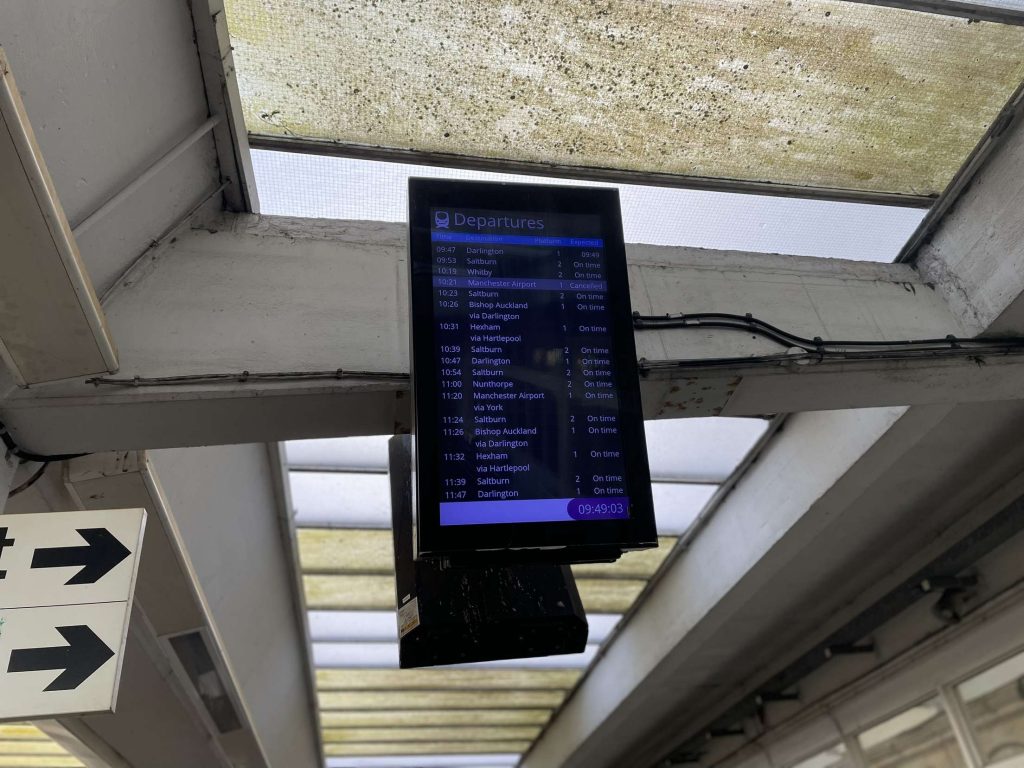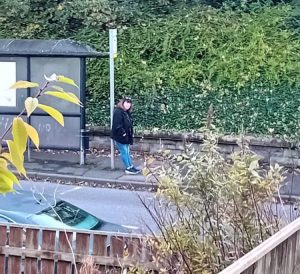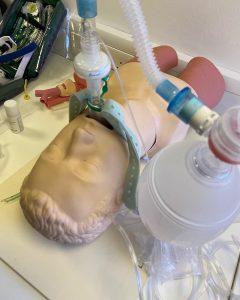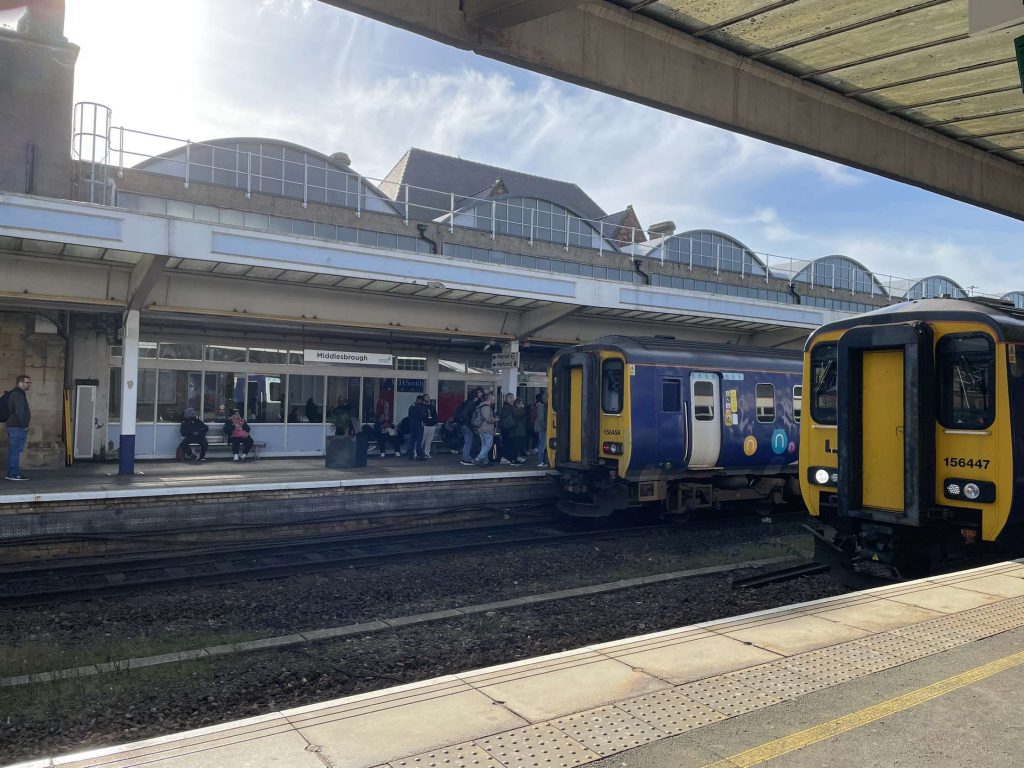Rail and bus strikes across the North-East are heavily impacting on students getting into Teesside University.
Strikes have been going on since 2019 over pay and conditions and it is taking its toll of students trying to get to campus on time for lectures.
Members of the Rail, Maritime and Transport union (RMT) at Network Rail and 14 train operators are opposing the government in a bitter dispute over jobs, pay, pensions and working conditions.
The RMT is calling for a pay raise for its workers of at least seven per cent, which is still below the current inflation rate of 9.4 per cent.
The union said it will keep launching strike action if the Government refuses to back down.

A conductor on TransPennine Express rail service based at Scarborough Train Station, who asked to remain anonymous, explains why he believes train strikes are necessary and why he takes part:
The most recent travel strikes to have taken place in the North-East were:
Saturday 30th September and Wednesday 4 October – both Go North-East buses and Northern Rail trains were affected by strike action, making it difficult to make a way around the North-East on those dates.
Saturday 14 October – Friday 20 October – Go North-East bus strikes (Bus depots affected by the strike action were Consett, Gateshead, Hexham, Percy Main/North Shields, Sunderland and Washington).

This is heavily impacting people traveling for work, education, business and social reasons. Gov.uk recently did a survey to understand the impact of rail strikes on passengers and they found that at least one impact on planned study or study arrangements was reported by 3 per cent of all respondents, 5 per cent of those who had planned to travel in a strike week, and 47 per cent of those who had planned to travel for education.
Many students at Teesside University commute to/from classes from varying areas across the North-East region including Newcastle, Sunderland, Durham, Redcar, Scarborough and others.

One of the many commuting Teesside University students, Tracy Barker, studying BA (hons) Interior Design, talks about how the travel strikes impact her:

A student’s progress often depends on the face-to-face instruction that they receive from their lecturers in class.
Hence, if a student is reocurringly unable to attend classes that can have a lasting effect on their performance which can ultimately affect what level degree they receive.
This could be especially detrimental to students studying for heavily practical degrees such as paramedic science and nursing as they can miss a lot of important information or life-saving skills.
Luckily, the university is understanding of the issues affecting students commuting on public transport and these students will not be penalized for any missed classes or lates and will be provided with the required material to catch up on work if missed.

For information about upcoming strike action, make sure to keep an eye on the RMT website – https://www.rmt.org.uk/home/ .




